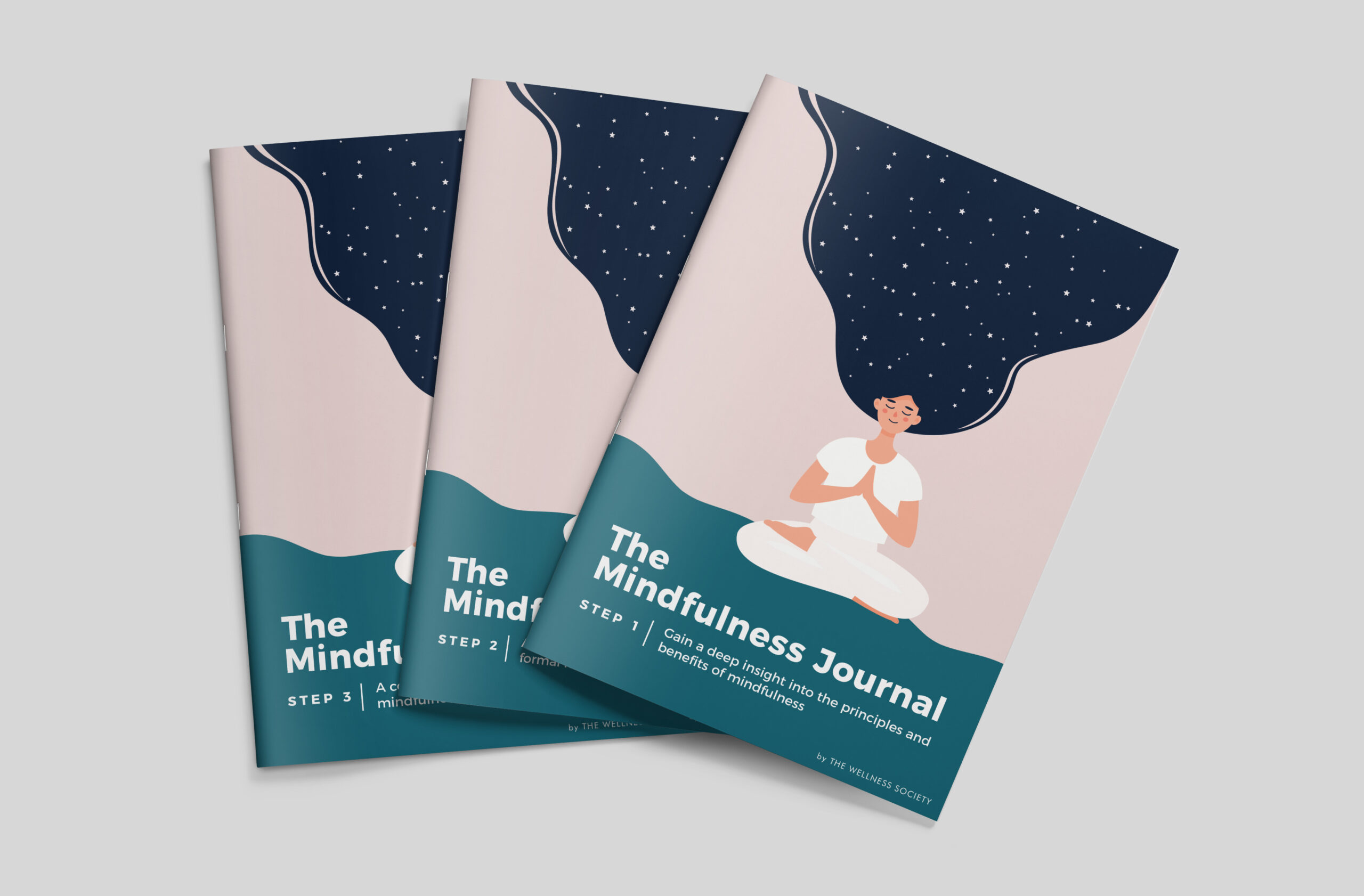Journaling is a science-based tool for identifying and releasing emotions. It can be a gateway to explore your experiences, beliefs, fears, and desires – aiding your self-discovery journey.
Grief is an emotional response to loss, whether it's the death of a loved one, the end of a relationship, or any major life change. Keeping a journal can be comforting and informative as you work through the stages of grief. In this article, we’ll explore some important things to keep in mind during this process.
Be Kind to Yourself
Grief generates a mix of emotions like sadness, fear, regret, and even anger.
It’s important to be kind to yourself as you navigate the feelings that come up for you and to find comfort for yourself along the way.
What do you do for self-care?
What would you like to do?
What little things bring you joy?
Identify specific ways to be kind to yourself through your grief journey and incorporate those things into your days.
Write About Your Memories, Emotions, And Desires
Along with emotions, grief triggers memories, identifies regrets, and highlights unfinished business. Explore these things in your journal. Don’t censor yourself. This is for you. You don’t have to show your journal to anyone if you don’t want to.
Include details from all your senses. Describe your feelings and include where you feel them in your body.
Breathe.
Keep Your Hands Moving
If you start to feel strong emotions as you write in your journal, keep writing.
Keep telling your story. Writing is a tool to help grief move through you. Don’t worry about spelling or grammar – you can always edit later if you want to have a polished version of your writing.
Allow the moment to flow through your pen. Be curious. Get absorbed in it. You may be surprised at where it takes you.
Try Reading Out Loud
Writing feels different when we read our words out loud, especially if we’re witnessed by someone else.
We encourage you to honor your feelings and your stories in this way. If you don’t want to read your journal to a person, animals make wonderful listeners. You can also read aloud to yourself and to anyone you imagine is listening. It’s a different experience than reading in your head. Give it a try!
Revisit Your Thoughts About Ways to Be Kind to Yourself
Be your own friend. Practice self-compassion, treating yourself like you’d treat the person you love most in the world if they were on a grief journey.
Be patient with yourself and remember that working through grief takes time. Look for the shimmers of joy and the little gifts in your days. They’re always there.
Grief Journal Prompts to Get Started
Getting started is the hardest part of keeping a journal.
Set an intention for writing in your journal and show up for it.
It can be helpful to make it part of your daily routine. Some people like to journal first thing in the morning and others like to write before bed. Choose a time that works for you.
There are no rules in journaling. Make it your own. Feel free to draw or include photos. You could include quotes from others that inspire you. The idea is to explore your personal journey and to express yourself.
If you don’t know where to start, you can use some of these journal prompts and then let your mind and your hand follow where they lead:
- I remember…
- I don’t remember…
- I wish…
- I always thought that…
- I knew…
- I didn’t know…
- It was a time when…
- I feel…
The Science of Journaling
Journaling is an evidence-based technique for processing emotions. An interesting study by James Pennebaker in the 1980s involved giving a group of people the following instructions:
"For the next 4 days, I'd like you to write your very deepest thoughts and feelings about the most traumatic experience of your entire life or an extremely important emotional issue that has affected you and your life. In your writing, I’d like you to really let go and explore your deepest emotions and thoughts. You might tie your topic to your relationships with others, including parents, lovers, friends or relatives; to your past, your present or your future; or to who you have been, who you would like to be or who you are now. You may write about the same general issues or experiences on all days of writing or about different topics each day. Don’t worry about spelling, grammar or sentence structure."
They did this for 15 minutes for each of the four days. Compared to people who wrote as factually as possible about neutral topics, people who wrote about their thoughts and feelings made significantly fewer visits to a physician in the following months.
Studies have replicated this, showing that writing leads to significant improvements in several biochemical markers of physical and immune functioning.
One theory is that writing helps you process ‘stuck’ emotions in your body. Suppressing emotions is thought to be physically taxing – a type of bodily stressor.
Summary
Starting a grief journal is a healing practice that can help you navigate the complexities of loss. Remember, there's no right or wrong way to journal; it's all about what feels right for you. You can start journaling anywhere and you’ll end up writing what you need to write. Grief is a journey. Remember to be kind to yourself. Get out your pen and notebook. Ready, set, go… You’ve got this.
Interested in Mindfulness?
The Mindfulness Journal helps beginners as well as seasoned practitioners enhance their mindfulness skills. Explore a wide variety of methods and discover what works best for you.

About Denise
Denise Moser, M.S., LAPC, NCC is a clinical mental health counselor working towards independent licensure. With eleven years of counseling experience, she works with both cisgender and transgender women as they navigate life’s transitions and challenges. Denise is a singer/songwriter with a history of facilitating creative writing workshops and she uses creative writing in her work. She's deeply committed to meeting clients where they are and helping them to identify and build on their strengths.Contact her through Psychology Today or this website.



